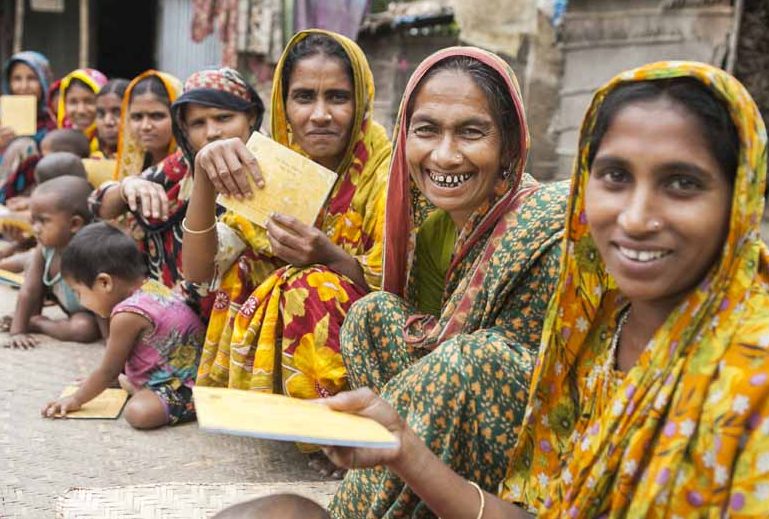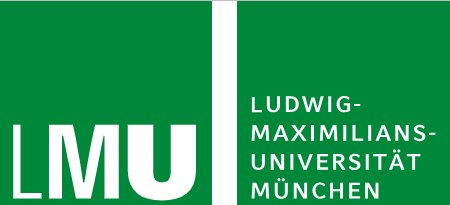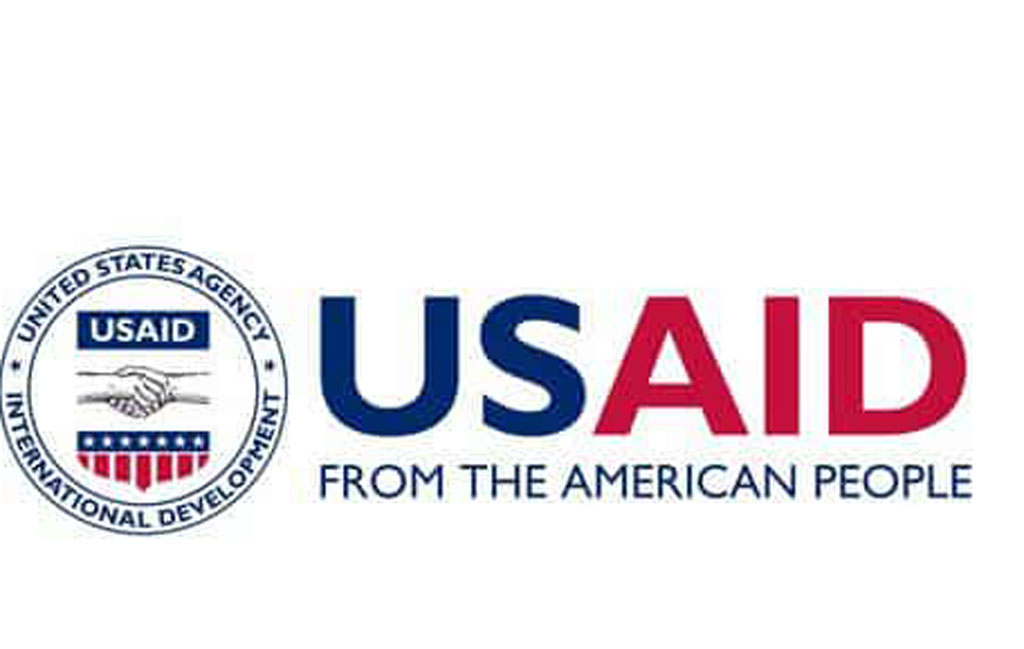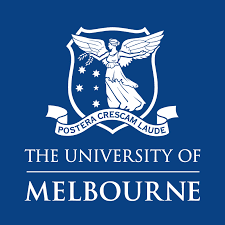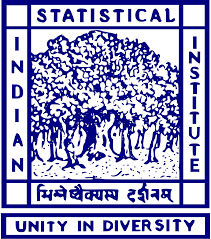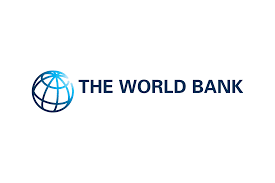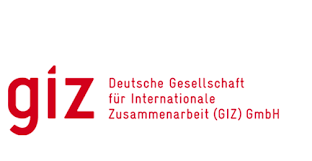Project title: From microfinance to rural credit: evidence from a panel survey and field experiments in Bangladesh
Contact person and organization: Professor Kunal Sengupta, University of Sydney, NSW 2006, Australia
Project timeline: 2010 – 2013
Project description:
How to extend credit to rural households and how to ensure inclusive growth in rural areas are important questions relevant to most developing countries. This research project addressed these questions in the context of rural Bangladesh. The primary objective was to examine the role of competition among the lenders (formal and informal) and microfinance institutions and how it affects the working of rural credit markets.
The rural credit market in Bangladesh has historically been served by a range of informal providers (landlords, local money lenders, shopkeepers, friends and relatives). During the 1970s, the government expanded its state-owned banks’ branches to rural areas and until 1982, acted as the major source of credit in the rural areas. In the last two decades or so, two significant, and at times, opposing changes have been taking place in this market. First, the state-owned banks and lending agencies have retreated from rural credit market under the structural adjustment and financial sector reform programs. Second, microfinance institutions (MFIs) supported by national governments and donor agencies have rapidly expanded credit to a segment of poor households. Encouraged by the success of these initial MFIs, recent years has witnessed a large influx of competing MFIs in the rural sector.
The objective of this study was to understand the effects of entry and competition among the MFIs for borrowers in rural areas of Bangladesh. In particular, the research focus was to understand the interactions between two classes of lenders, MFIs and informal lenders and its effect on farm, non-farm and poor borrowers with limited access to formal sector credit.
Research design and data collection:
The research methodology involved use of survey data and field experiments. The survey that was used as a ‘baseline’ was commissioned by PKSK and conducted by the Bangladesh Institute of Development Studies (BIDS) in 1997/98 as a part of microfinance evaluation study. The survey encompasses 91 villages in 23 sub-districts of 13 out of total 64 districts in Bangladesh. The household panel consists of a balanced panel of 2729 households after making adjustment for attritions. In 1997/98, out of 91 villages, MFIs were operating in 80 villages, while the remaining 11 villages did not have any MFI operations. These ‘control’ villages fell into the first category described above. The rest of the villages fell into the second category in 1997/98. However, variations in market structure over time was used as an important source of information. In addition, a randomized controlled trial was conducted in collaboration with RDRS to examine the impact of the competition.
Results and policy lessons
The result is private to the client.
Project name: Baseline Survey on Competition among MFIs in Rural Credit Markets in Bangladesh-2013
Survey Details:
Survey districts:
• In 2 upazilas of Dinajpur district
• In 2 upazilas of Lalmonirhat district
• In one upazila of Gaibandha district
• In one upazila of Moulavibazar district
Survey sample:
• Household census sample- 41492
• Household sample- 4500
• Village info sample- 60
Panel Survey Conducted by PKSF & University of Sydney
Project name: From Microfinance to Rural Credit Survey on PKSF-MES Households- 2012
Survey Details:
Survey districts:
• In one upazila of Meherpur district
• In 2 upazilas of Panchagarh district
• In 2 upazilas of Tangail district
• In 3 upazilas of Bogra district
• In 2 upazilas of Sirajganj district
• In one upazila of Satkhira district
• In 2 upazilas of Netrokona district
• In one upazila of Madaripur district
• In 2 upazilas of Barisal district
• In one upazila of Chittagong district
• In 2 upazilas of Feni district
• In 2 upazilas of Munshiganj district
• In 2 upazilas of Kurigram district
Survey sample:
• Household sample- 2000
• Village info sample- 90
Panel Survey Conducted by PKSF & University of Sydney
Project name: From Microfinance to Rural Credit Survey on PKSF-MES Households- 2010
Survey Details:
Survey districts:
• In one upazila of Meherpur district
• In 2 upazilas of Panchagarh district
• In 2 upazilas of Tangail district
• In 3 upazilas of Bogra district
• In 2 upazilas of Sirajganj district
• In one upazila of Satkhira district
• In 2 upazilas of Netrokona district
• In one upazila of Madaripur district
• In 2 upazilas of Barisal district
• In one upazila of Chittagong district
• In 2 upazilas of Feni district
• In 2 upazilas of Munshiganj district
• In 2 upazilas of Kurigram district
Survey sample:
• Household sample- 2000
• Village info sample- 90

